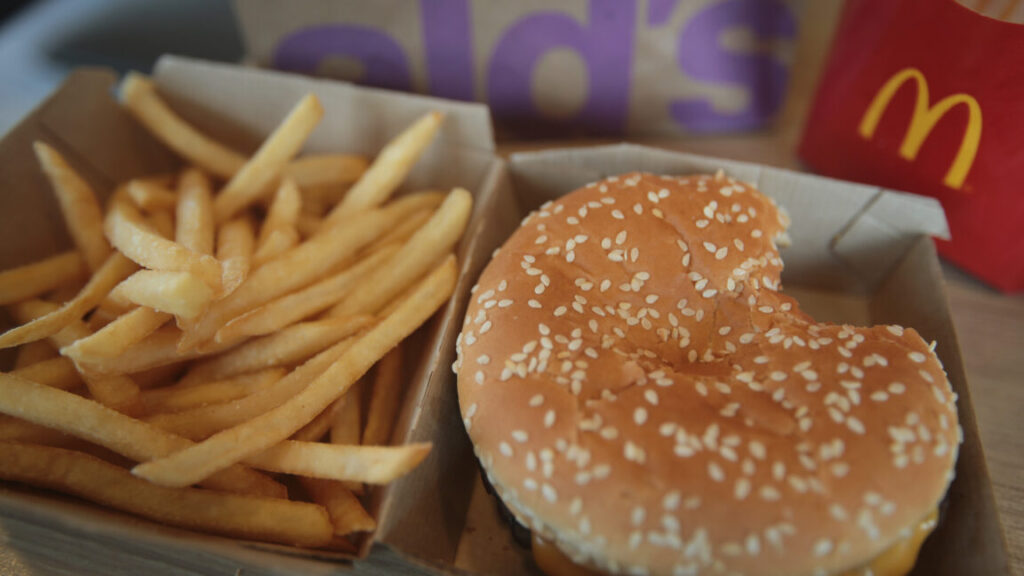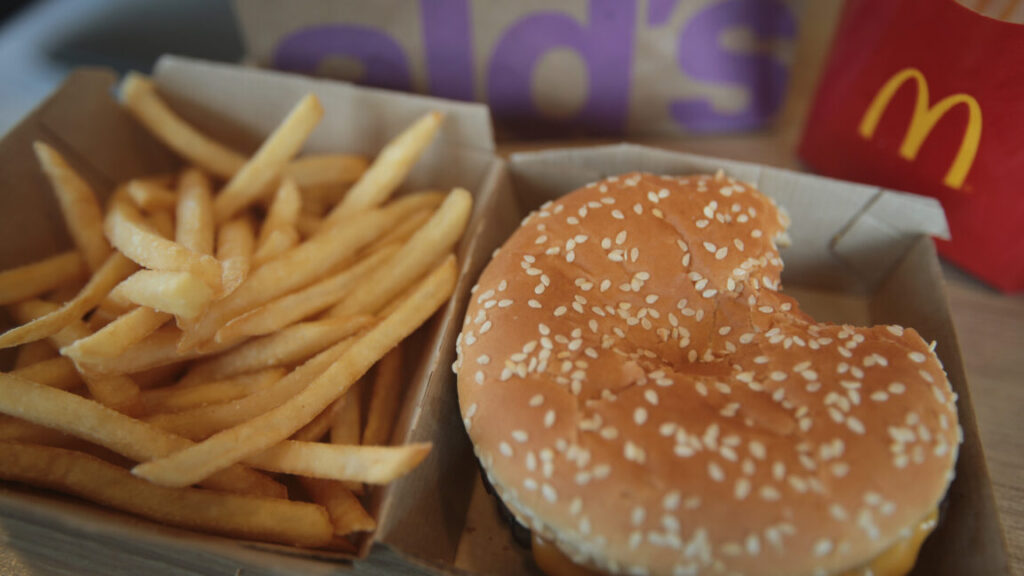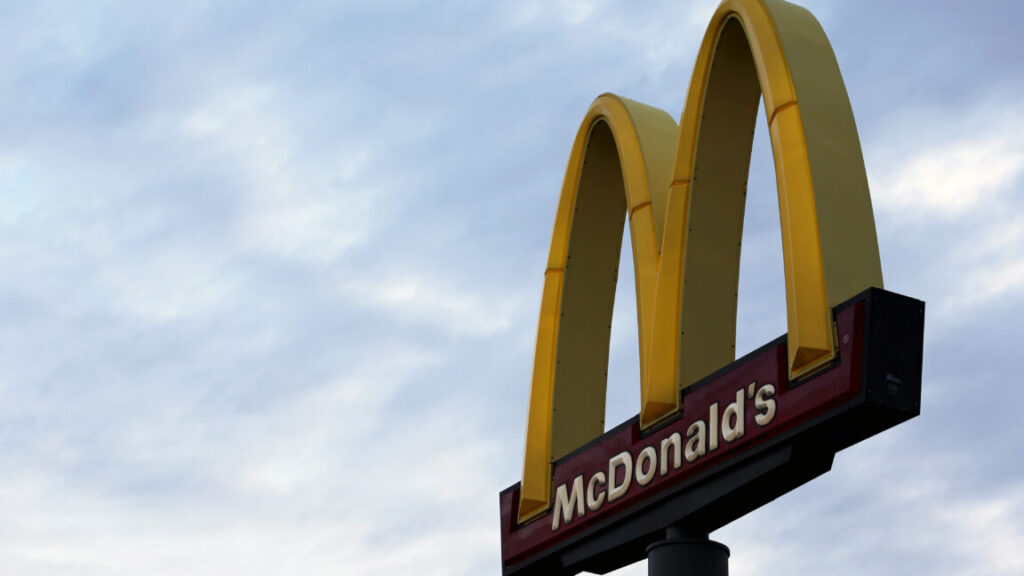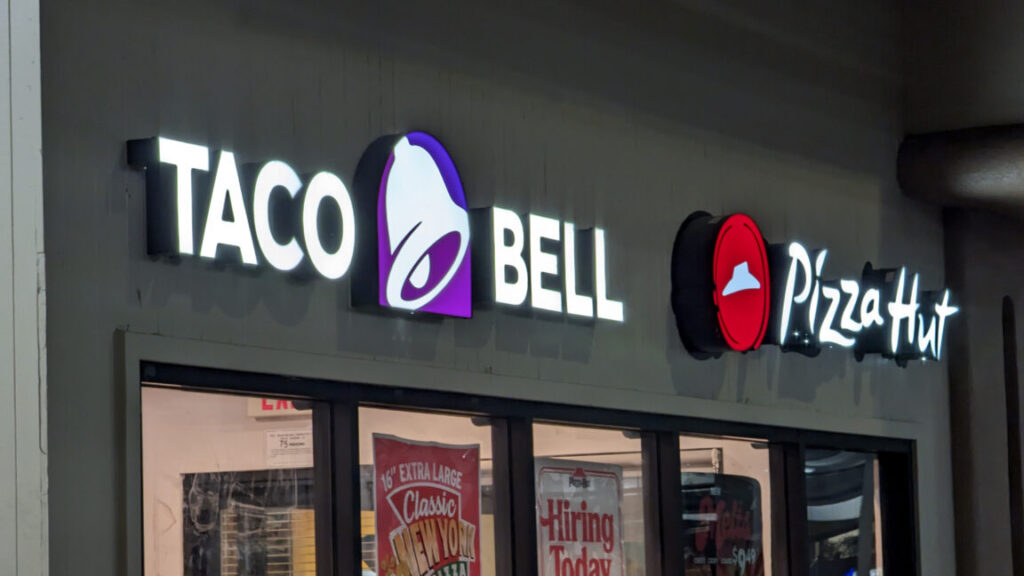Biofilms, unwashed hands: FDA found violations at McDonald’s ex-onion supplier
Perhaps most concerning, FDA inspectors noted that employees were never seen washing their hands. Instead, they wore gloves, and if they touched dirty surfaces or items, they would simply put hand sanitizer on their dirty gloves and carry on. What they should have been doing was removing their dirty gloves, washing their hands, and getting clean gloves. However, the FDA inspectors never saw this happen, and managers confirmed that hand sanitizing gloves was common practice.
The inspectors also noted that the facility’s equipment was always wet. Employees applied sanitizing solutions on knives and other equipment used to dice and chop fresh produce. The sanitizing solution is meant to be air-dried before use, but Taylor Farms employees immediately used the equipment—still dripping with sanitizing solution—to cut RTE produce.
On one day of the inspection, FDA agents saw employees chop RTE lettuce with equipment that was wet with sanitizing solution at the maximum concentration, which was 200 ppm. In another instance, the inspectors saw an employee mix cleaning chemicals together to make a sanitizing solution, which the employee said was done “routinely.” When inspectors asked about the mixture, Taylor Farms “could not find the source of this recipe,” nor could they find the manufacturer label or other information stating the mixture was designed for use.
“Highest expectations”
In a statement to CBS, Taylor Farms said that it “immediately took steps to address” the problems found in the FDA’s inspection, which resulted in no “administrative or regulatory action” against the company.
“Taylor Farms is confident in our best-in-class food safety processes, and in turn, the quality and safety of our products,” the company said in the statement. “As is common following an inspection, FDA issued observations of conditions that could be improved at one of our facilities.” The company added that “no illnesses or public health threat has been linked to these observations” in the inspection.
McDonald’s, meanwhile, said it had stopped getting onions from the facility.
“We hold our suppliers to the highest expectations and standards of food safety. Prior to this inspection, and unrelated to its findings, McDonald’s stopped sourcing from Taylor Farms’ Colorado Springs facility,” McDonald’s said in a statement.
Biofilms, unwashed hands: FDA found violations at McDonald’s ex-onion supplier Read More »






